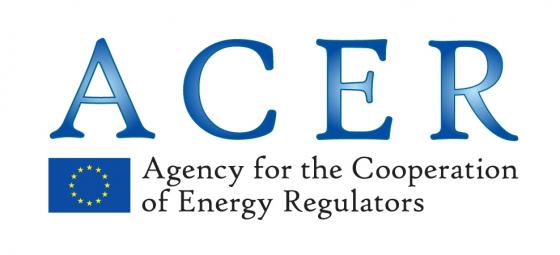ACER calls for limiting the discrimination between internal and cross-zonal electricity exchanges

The existing methodologies are indeed based on the assumption that the network must be able to accommodate all flows resulting from internal electricity exchanges, whereas cross-zonal capacities are used as an adjustment variable such that the total flows arising from internal and cross-zonal electricity exchanges comply with operational security limits. As a consequence of this approach, requests for internal electricity exchanges get unlimited and prioritised access to the scarce network capacity, whereas the requests for cross-zonal electricity exchanges can access only that part of the scarce network capacity which is not already used by internal electricity exchanges.
The Recommendation therefore proposes that, unless dully and transparently justified by reasons of overall market efficiency and operational security, cross-zonal capacities not be reduced anymore in order to solve congestions created by internal electricity exchanges and that the latter be addressed with proper reconfiguration of bidding zones in the mid-term, appropriate network investments in the long term and by applying remedial actions (e.g. countertrading or redispatching) until the mid-term and long term solutions can be implemented.
Until a proper bidding zone configuration is in place and/or the appropriate investments to reinforce the network are implemented, the Agency’s Recommendation may have an impact on how and to which degree TSOs apply redispatching and countertrading actions. Therefore, the Agency’s Recommendation also addresses the problem of sharing the costs of these actions. These costs should be shared according to the “polluter-pays” principle, where the internal exchanges causing congestions, which need to be relieved by redispatching or countertrading, should be considered as polluters.
Background Information
In recent years significant reductions of cross-zonal capacities have been observed on several interconnections in Europe. The cause of these reductions has been identified as the ever-increasing congestions created by electricity exchanges inside bidding zones, which, in turn, reduce the capacity of the networks available for cross-zonal trade. The problem has been presented and analysed in the last few issues of the Agency’s Market Monitoring Report (see the latest electricity wholesale volume for details).
This Recommendation is addressed to all TSOs and regulatory authorities, which have the task, respectively, to develop and approve the common capacity calculation and redispatching and countertrading methodologies pursuant to the Guideline on Capacity Allocation and Congestion Management. The Agency calls on these methodologies to be compliant with the principles established in the Agency’s Recommendation.
Access the Recommendation here.


